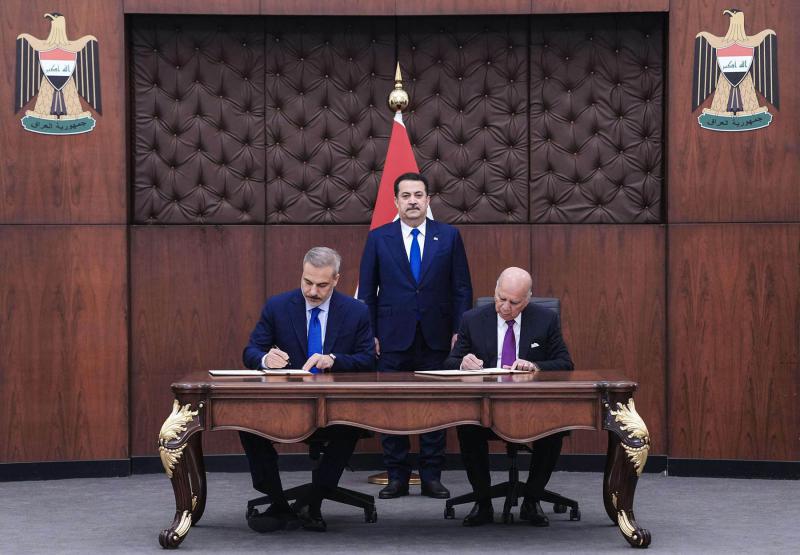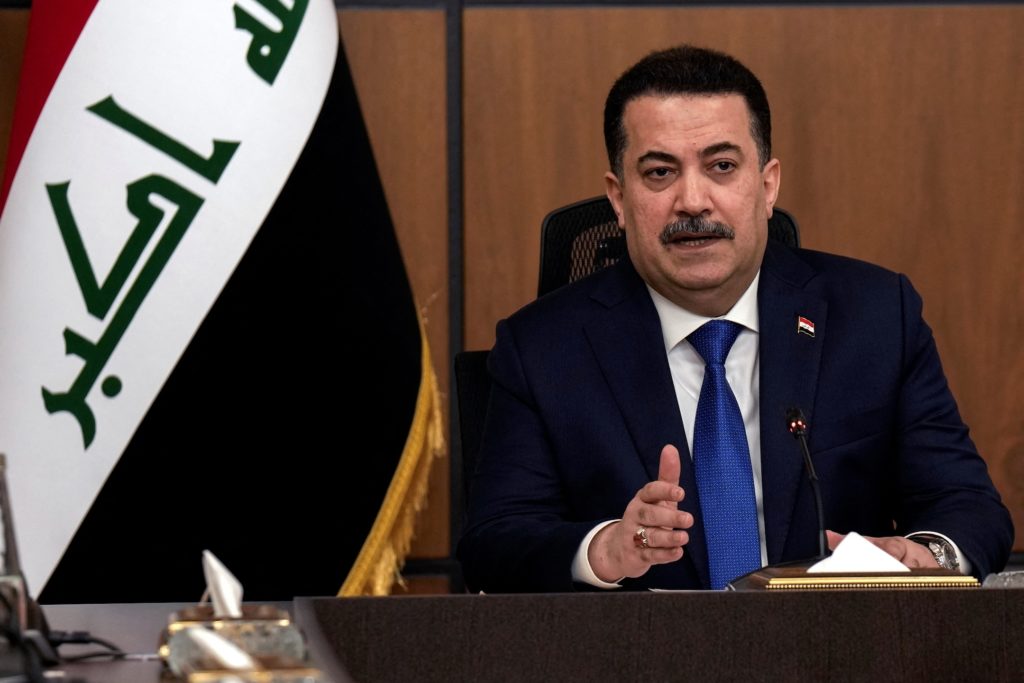Iraq-Turkey water agreement has become critical as Iraq faces its most severe water crisis in decades. Economic expert Ziad Al-Hashimi warned that the agreement must link water releases to Turkish commercial operations inside Iraq.
In a statement published Wednesday on Facebook, Al-Hashimi said Turkish companies operating in Iraq can compel Ankara to release more water. He argued that without this economic incentive, Iraq’s rivers will remain dangerously low.
Al-Hashimi emphasized that Iraq has entered a state of severe water emergency and cannot afford to wait years for international arbitration. Past governments failed to secure sufficient water shares because Turkey refused to ratify binding treaties.
On November 2, Iraq and Turkey signed an executive mechanism for their water cooperation in Baghdad. The ceremony included Prime Minister Mohammed Shia Al-Sudani and Turkish Foreign Minister Hakan Fidan.
Al-Hashimi highlighted that a water agreement alone will not solve the crisis unless it aligns with Turkish business interests. “Water releases will only increase if Turkish companies can operate efficiently inside Iraq,” he said.
Iraq’s water reserves are at historic lows following a weak rainy season. Officials attribute shortages to climate change, prolonged drought, and upstream dam construction in Turkey and Iran.
The new agreement outlines practical steps for collaboration between Iraq’s Ministry of Water Resources, Ministry of Construction, local governorates, and Turkish partners. It focuses on four areas: improving water quality, modernizing irrigation, rehabilitating agricultural lands, and enhancing governance and conservation.
Al-Hashimi explained that Turkey’s dams and reservoirs serve dual purposes: generating electricity and supplying water for agriculture. In recent seasons, Turkey experienced a 27 percent drop in rainfall, reducing water flows into Iraq’s Tigris and Euphrates rivers.
Previous Iraqi governments could not compel Turkey to release adequate water due to the lack of binding protocols. International arbitration could take years and produce uncertain results, given Iraq’s current diplomatic position.
Al-Hashimi stressed that the agreement must include Turkish companies to ensure enforcement. “Turkey wants its businesses to succeed in Iraq,” he said. “Without consistent water flows, these companies cannot operate.”
Funding for Turkish companies may come from oil sales, which Iraq can manage to achieve water gains, improve agricultural efficiency, and create jobs. However, Al-Hashimi cautioned that the $1.47 billion debt Turkey owes Iraq should remain separate from the water deal.
In conclusion, Al-Hashimi reaffirmed that Iraq-Turkey water agreement is the only viable solution. Iraq will not benefit from water releases unless Turkish companies operate in the country. The presence of these firms will compel Turkey to increase flows, directly helping Iraq manage its water crisis.



